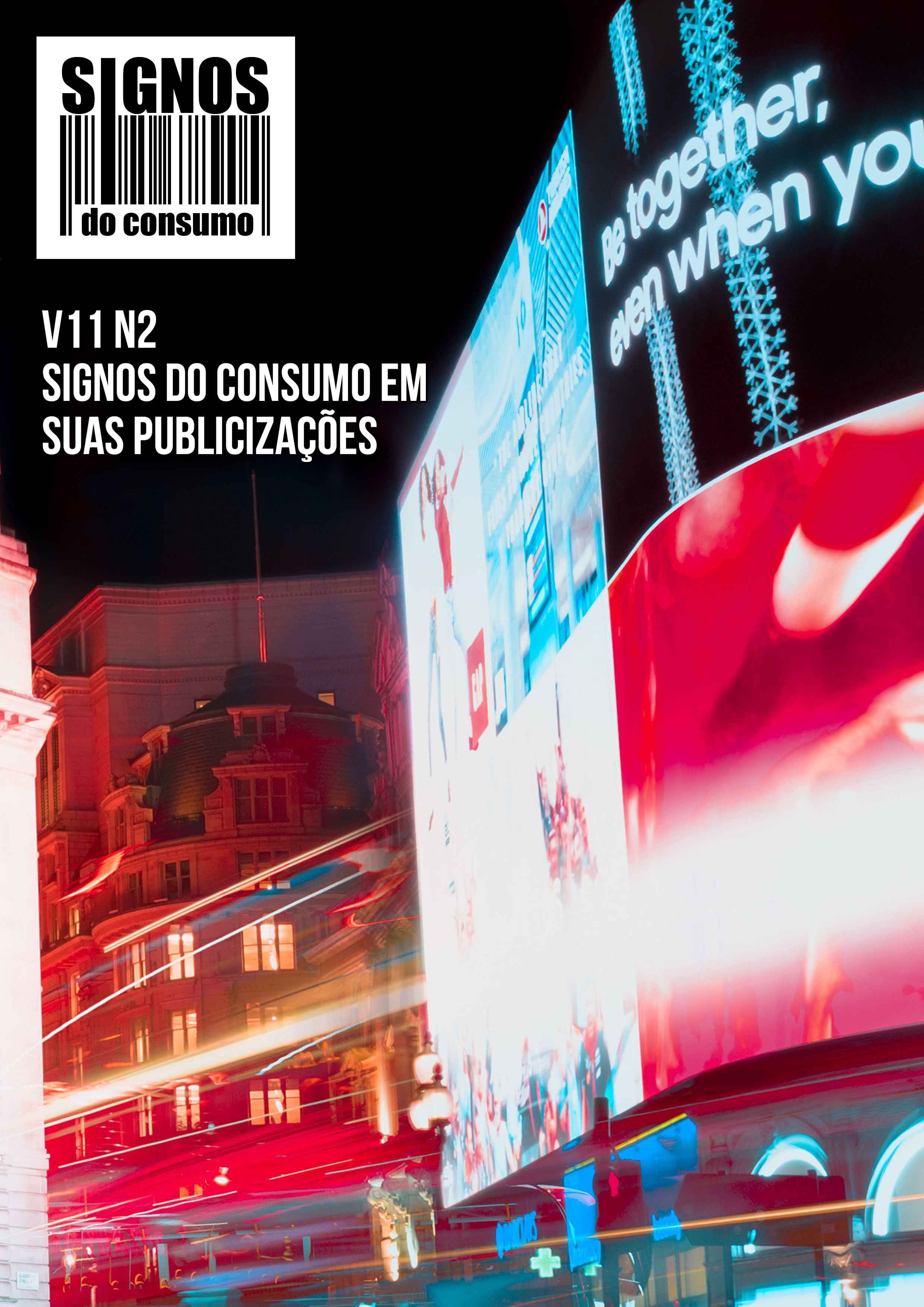Fulla
a boneca muçulmana. A formação da personalidade de meninas islâmicas através do ato de brincar
DOI:
https://doi.org/10.11606/issn.1984-5057.v11i2p52-65Palavras-chave:
Fulla, Marca, Publicidade, Criança, IslãResumo
Este artigo analisará a influência da religião islâmica na formação da personalidade infantil. Enquanto a boneca Barbie representa tudo o que uma menina ocidental supostamente quer ser, em relação a comportamento e padrões de beleza, a boneca Fulla caracteriza a jovem muçulmana, com traços árabes, roupas que cobrem a totalidade do corpo, um véu que esconde seus cabelos, tapete para rezar, além de um livro de orações. Por meio da análise semiótica da boneca Fulla e de suas principais manifestações, fica evidente que a constituição da marca, suas expressividades e posicionamentos refletem o ethos islâmico. Mais do que uma boneca ou uma marca, Fulla representa o contexto cultural no qual a menina, público consumidor do produto, está inserida, reforçando os códigos religiosos e de conduta.
Downloads
Referências
Downloads
Publicado
Edição
Seção
Licença
Autores mantém os direitos autorais e concedem à revista o direito de primeira publicação, com o trabalho simultaneamente licenciado sob a Licença Creative Commons CC BY-NC-SA.




